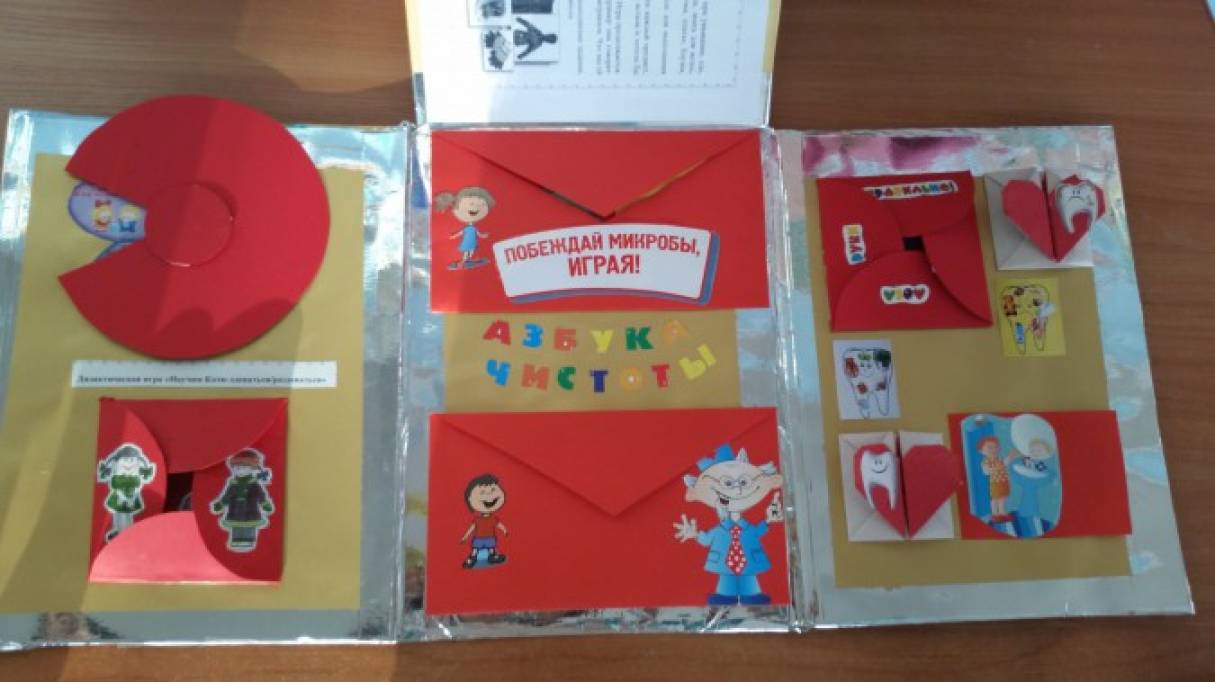Didakticheskie Igri Po Stolovomu Etiketu
An example with which we were confronted during our fact-finding visit to Pristina concerned excavations in a mineshaft where some thirty bodies of deceased Serbs were said to be buried. Smeshnie voprosi k igre kto hochet statj millionerom. The local construction companies employed to do the work were threatened by members of the local community, which caused considerable delay in carrying out the explorations. According to what we have been told, the prevailing attitude among the Kosovar population is to regard as a “traitor” anyone who provides information regarding mass graves containing Serb victims. The KLA had grown domestically throughout most of the 1990s by rallying the support of volunteer fighters – men of all ages in their respective villages – to coalesce around leaders like Adem Jashari and form small armed units, or “brigades” across the territory of Kosovo. Many of the recruits to this “homeland KLA”, effectively a peasant army, undertook guerrilla warfare training at camps in northern Albania, and smuggled arms into Kosovo with which to undertake acts of violent resistance. Our inquiry received more than a dozen testimonies of ethnic Albanian males who had taken part in this campaign of “resistance”. With the killing of Jashari and scores of his family members and associates in a clampdown by Serb security forces in1998, this initial incarnation of the KLA was effectively ended, and has gravitated into folklore as a romantic notion of Kosovar liberation, with Jashari as its martyr.
 Zubeen Garg is the most prominent face of current assamese music. He has not put his mark inside north-east India, but also in all over India. The graphic map included in this report depicts the locations at which we know such detention facilities existed, along with the transport routes connecting them. There were, nonetheless, considerable differences in the periods and purposes for which each of these detention facilities was used.
Zubeen Garg is the most prominent face of current assamese music. He has not put his mark inside north-east India, but also in all over India. The graphic map included in this report depicts the locations at which we know such detention facilities existed, along with the transport routes connecting them. There were, nonetheless, considerable differences in the periods and purposes for which each of these detention facilities was used.
Muja was the overall “Medical Co-ordinator” for the KLA General Staff, a post in which he oversaw the provision of medical treatment for wounded KLA soldiers, as well as other emergency cases in KLA operational zones. Muja notably made use of the Military Hospital in Tirana, Albania, and administered extensive supplies and equipment acquired by the KLA through foreign donations. During 1998 and 1999, as the official representative of the KLA, supported by elements in the Albanian Army and the Albanian secret services, Muja also administered a diverse array of other infrastructure: at least one helicopter; several well-funded construction projects; and makeshift accommodation arrangements – including private houses and apartments – for KLA commanders, recruits and affiliates who travelled into Albania from overseas, including those en route to Kosovo. Geqi and Alija were arrested, in May 2010 and June 2010 respectively, and have been indicted for war crimes against the civilian population. While there is also substantial evidence against the third suspect in this regard, Krasniqi, he remains a fugitive at the time of writing and therefore cannot be subject to charges under Kosovo criminal procedure. Pending Krasniqi’s apprehension, and the efficient administration of justice, the trial of all three men should take place either in the District Court of Pristina or the District Court of Mitrovica in early 2011. One example in the realm of information management is the limited access granted to EULEX police investigators to the criminal databases operated by their Kosovo counterparts.
